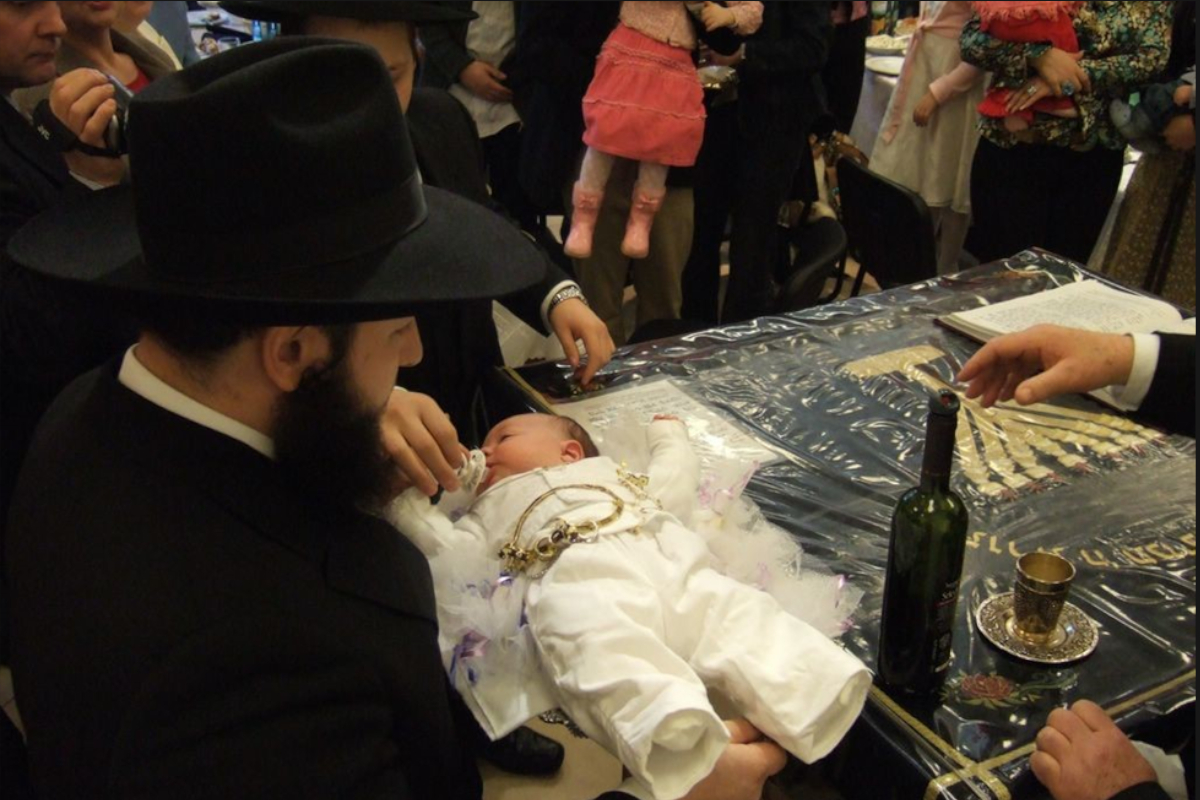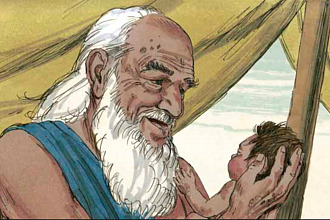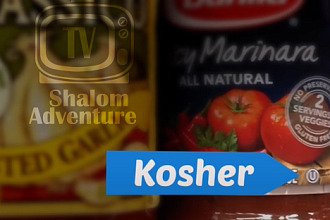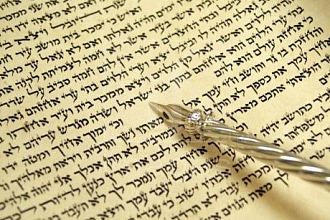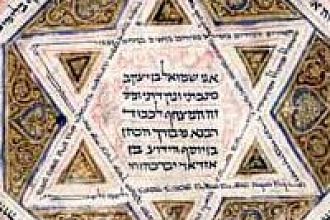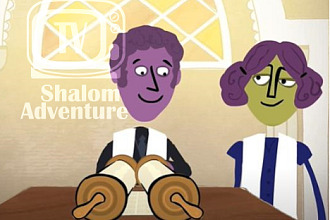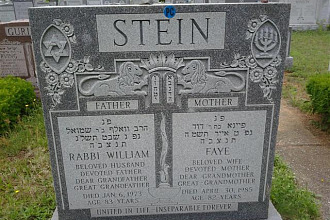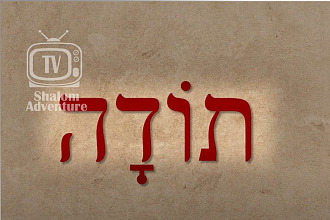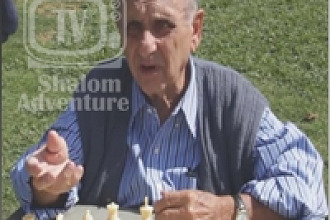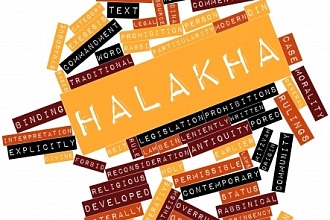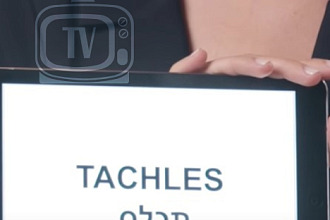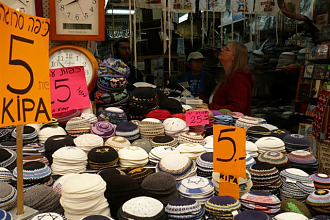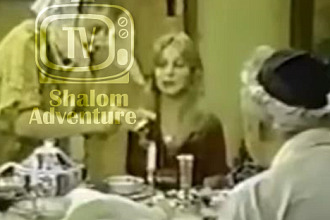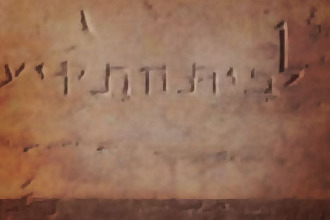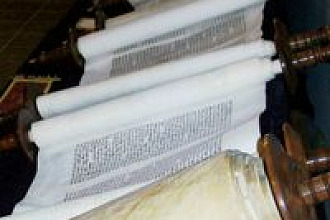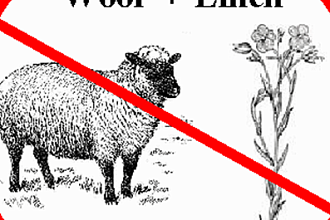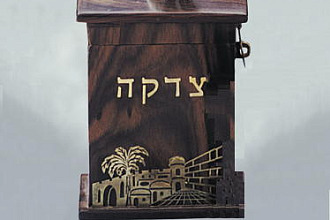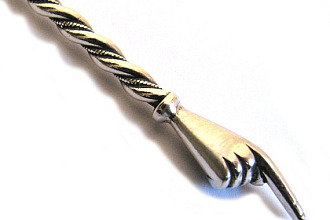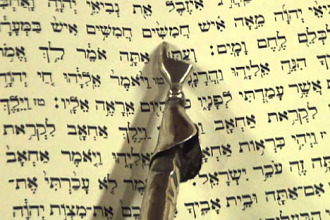“And the Lord said to Moses, ‘Look, I have chosen the Levites from among the Israelites to serve as substitutes for all the firstborn sons of the people of Israel.
The Levites belong to me, for all the firstborn males are mine. On the day I struck down all the firstborn sons of the Egyptians, I set apart for myself all the firstborn in Israel, both of people and of animals. They are mine; I am the Lord.’” Numbers 3:11-13 “And of all the Israelites, I have assigned the Levites to Aaron and his sons. They will serve in the Tabernacle on behalf of the Israelites and make sacrifices to purify the people so no plague will strike them when they approach the sanctuary.” Numbers 8:9
Not only were the Levites to serve as a substitutes in place of the rest of the children of Israel, they also protected them from the plagues of God just as the lamb served as a way to protect against the wrath of God during the death of the first born in Egypt. So the priesthood was a type of lamb in a symbolic way. They stood between the wrath of God and the people by taking their place and so they would not die. They served as covering from punishment and allowed for one to live at peace with God. This tradition reminds me of the Jewish Priest that we have in the Messiah.
“So Messiah has now become the High Priest over all the good things that have come. He has entered that greater, more perfect Tabernacle in heaven, which was not made by human hands and is not part of this created world. With his own blood—not the blood of goats and calves—he entered the Most Holy Place once for all time and secured our redemption forever. Under the old system, the blood of goats and bulls and the ashes of a heifer could cleanse people’s bodies from ceremonial impurity. Just think how much more the blood of Messiah will purify our consciences from sinful deeds so that we can worship the living God.
For by the power of the eternal Spirit, Messiah offered himself to God as a perfect sacrifice for our sins. That is why he is the one who mediates a new covenant between God and people, so that all who are called can receive the eternal inheritance God has promised them. For Messiah died to set them free from the penalty of the sins they had committed under that first covenant.” Hebrews 9:11-15 Just as the high priest of the earthly sanctuary took the place of the people, the Messiah takes our place.

